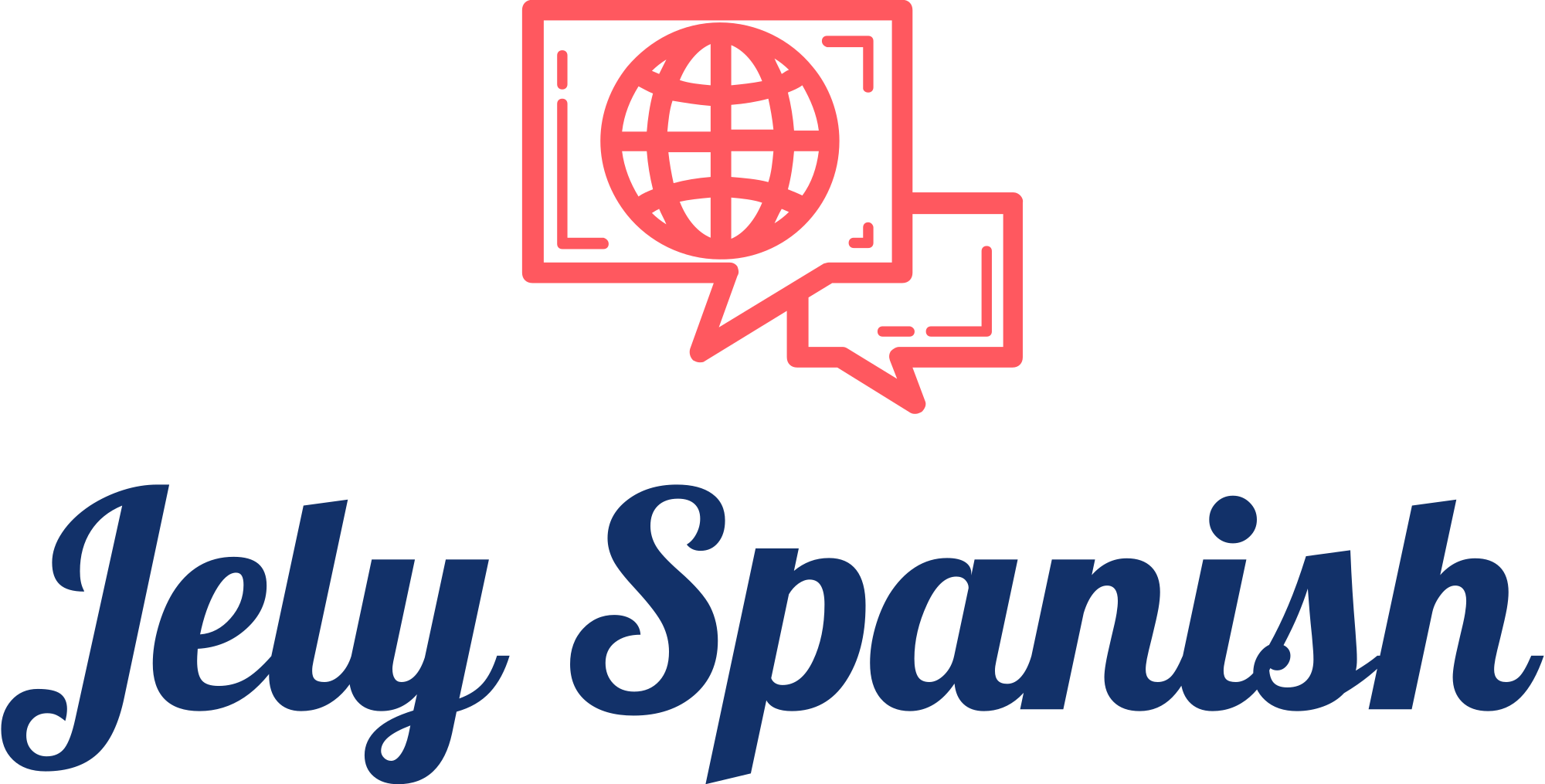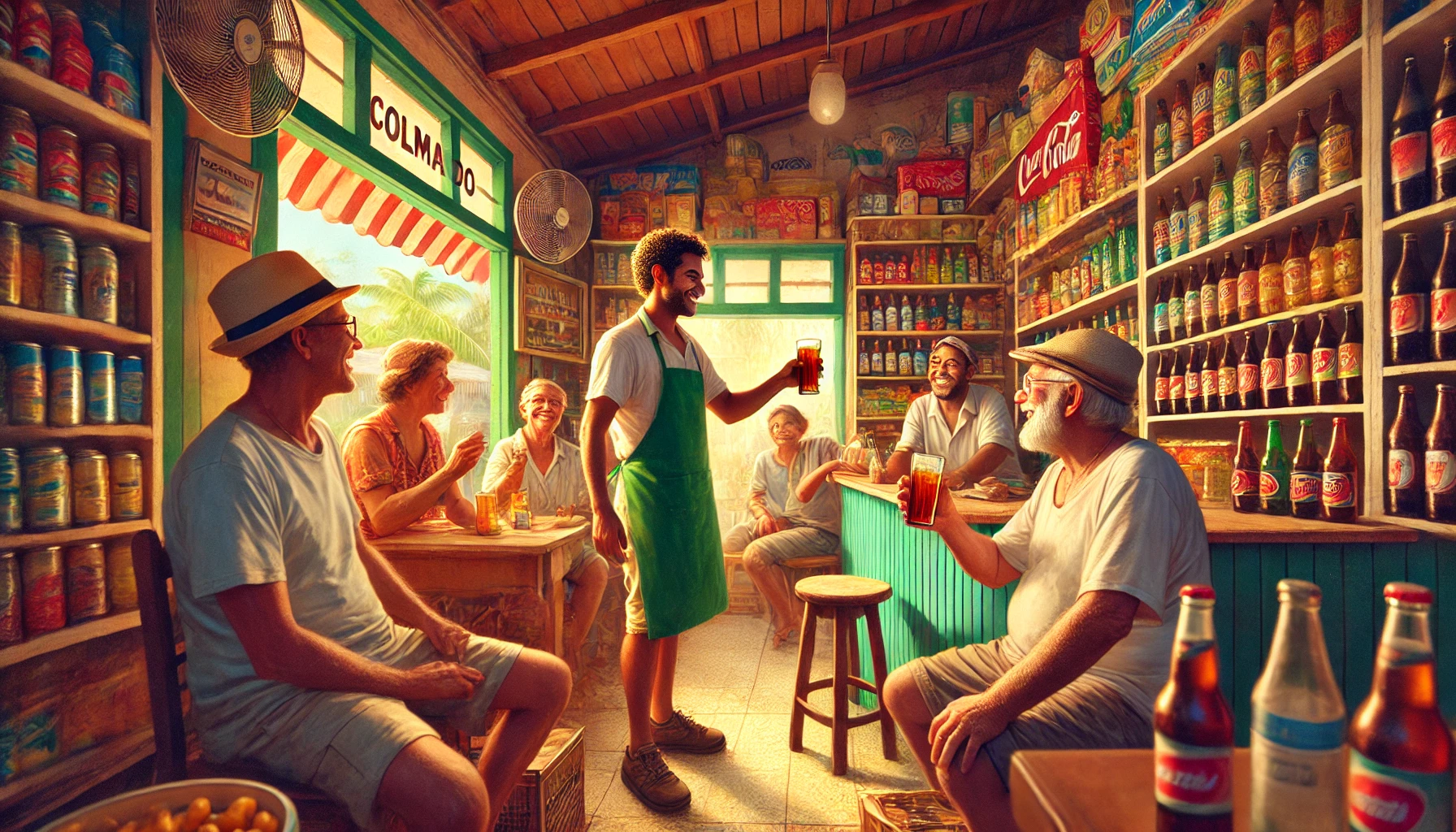Dominican Republic Slang
Language is a bridge that connects hearts and cultures, and in the Dominican Republic, the unique expressions of local speech capture the soul of its people. Adopting these colorful idioms and phrases means more than just learning new words—it opens a window into a vibrant way of life celebrated on every street corner, at every gathering, and throughout every conversation.
Imagine strolling through the bustling streets of Santo Domingo or La Vega, where laughter, music, and an infectious rhythm fill the air. In these lively settings, mastering local expressions becomes the key to forging genuine bonds with the people around you. By incorporating these colloquial terms, you not only understand everyday chatter but also join a community that values spontaneity, humor, and creativity.
16 Essential Phrases and Terms
Below is a list of 16 indispensable Dominican Republic Slang that are part of the everyday vocabulary:
“Cabayá” – Used to describe someone who speaks nonsense or exaggerates the truth.
Example: “Don’t pay him any mind; he’s always in cabayá.”“Es un bobo” – A way to say that something is problematic or messy.
Example: “If you get into that situation, it’s a bobo.”“La vuelta” – Refers to a task, plan, or matter that needs handling.
Example: “Let’s take care of la vuelta this afternoon.”“Llevar vida” – Means to live carefree, without overcomplicating things.
Example: “He never stresses; he’s just llevand vida.”“Disparate” – A term used to label something absurd or without logic.
Example: “What you said is total disparate.”“Ay ombe” – An exclamation expressing surprise, disappointment, or resignation.
Example: “Ay ombe, the power’s out again.”“Aparataje” – Describes someone who is all about exaggerating or showing off.
Example: “That guy is always all about aparataje with his car.”“Dar cuerda” – Means to tease or playfully provoke someone.
Example: “Don’t dar cuerda to me, or I’m going to crack up.”“En coro” – Refers to hanging out together as a group.
Example: “Today, we’re going to be en coro on the corner.”“Fisna” – Used to describe someone who looks particularly stylish or classy.
Example: “She’s always fisna in her expensive outfits.”“Fuap” – An exclamation that signals something happened suddenly or unexpectedly.
Example: “Fuap, the tray just fell.”“Dominicanyork” – A term for Dominicans who have lived in New York, blending two cultures in their speech.
Example: “That guy talks with a distinct Dominicanyork accent.”“El güeso” – Refers to the toughest or most challenging part of a situation.
Example: “We’ve passed the easy part; now comes el güeso.”“Echar una pavita” – Means to take a short nap.
Example: “Let me echar una pavita before we head out.”“Fiebrú” – Describes someone who is obsessed with a particular subject, whether it’s cars or technology.
Example: “That guy is a total fiebrú when it comes to engines.”“Hacerse el loco” – The act of pretending not to know or understand something.
Example: “He hizo el loco when they asked him about the money.”
Bringing the Style into Your Daily Life
Integrating these local expressions into your daily conversations provides an authentic way to connect with others. Whether you’re visiting a small neighborhood store or joining a lively party, these idioms naturally slip into conversation, giving you the relaxed, spontaneous tone characteristic of local speakers. For instance, imagine walking into a corner store and asking for a drink by saying, “Dime a ve, my brother!”—and instantly feeling the warmth and camaraderie that follows.
Mastering the Dominican Republic slang not only makes your speech sound more natural but also helps you break down cultural barriers. When you use these phrases correctly, you demonstrate genuine respect for the local culture, and locals are quick to appreciate your effort, often responding with even more colorful language and a friendly smile.
The Playful Side Behind Every Expression
One of the true charms of this unique mode of speaking is its playful manipulation of language. Locals often condense words or give them a twist that adds an extra layer of humor and authenticity to their conversations. For example, instead of saying “está,” they simply say “ta,” creating a brisk, approachable tone. Similarly, “esta” might replace “esto” in casual conversation, streamlining communication without losing meaning.
This playful brevity is a hallmark of the Dominican Republic slang and reflects an inherent desire to keep conversations light and engaging. It’s a language that adapts to the pace of life, letting speakers convey meaning with energy and wit. Whether teasing a friend or describing a challenging moment, these expressions capture the lively spirit of the Dominican way of life.
A Window into Culture Through Language
Beyond being just a collection of quirky terms, these expressions offer a rich insight into the culture and soul of the Dominican Republic. Listen to Dominican music—be it bachata, merengue, or dembow—and you’ll notice how these idioms are woven into lyrics, contributing to the rhythmic narrative of everyday life. Watching local films or TV shows further deepens your understanding of how these expressions naturally arise in dialogue.
The real magic, however, comes from engaging directly with locals. Every conversation, every shared laugh, and every anecdote enriches your understanding of their vibrant lifestyle. Embracing this language means embracing a culture that takes immense pride in its identity and expresses itself with an unmistakable flair.
In conclusion, diving into the realm of local expressions transforms your travel experience and deepens your connection with the community. By mastering these terms, you unlock not only the language but also the heart of the Dominican people. Enjoy every moment, laugh at every joke, and let the spirit of the Dominican Republic slang guide you on a memorable journey.






